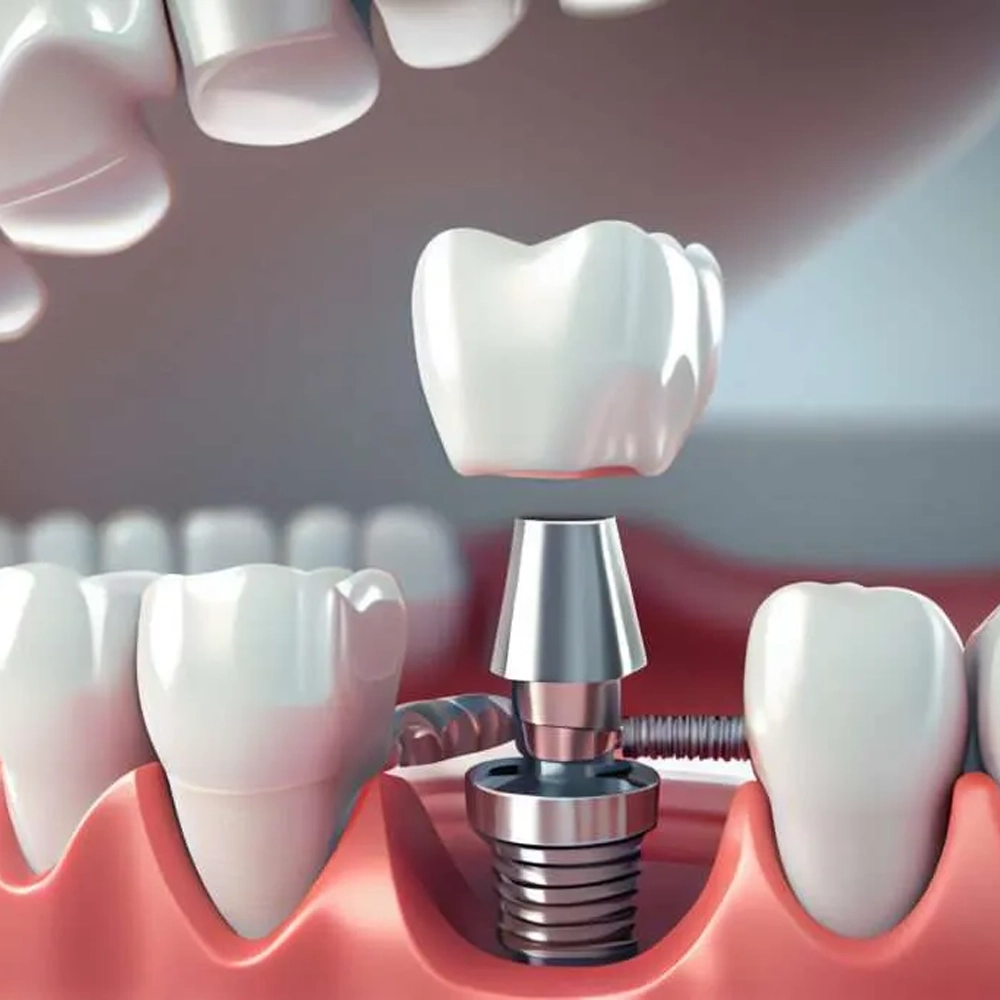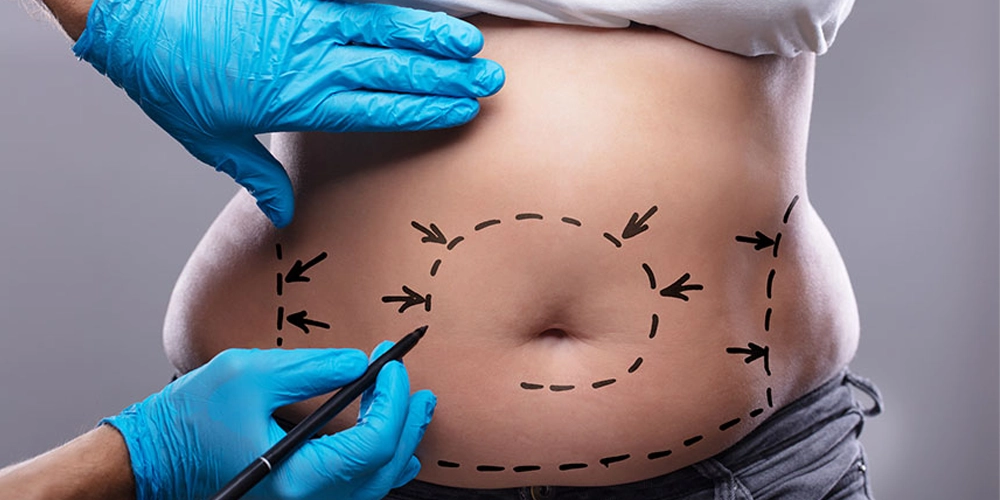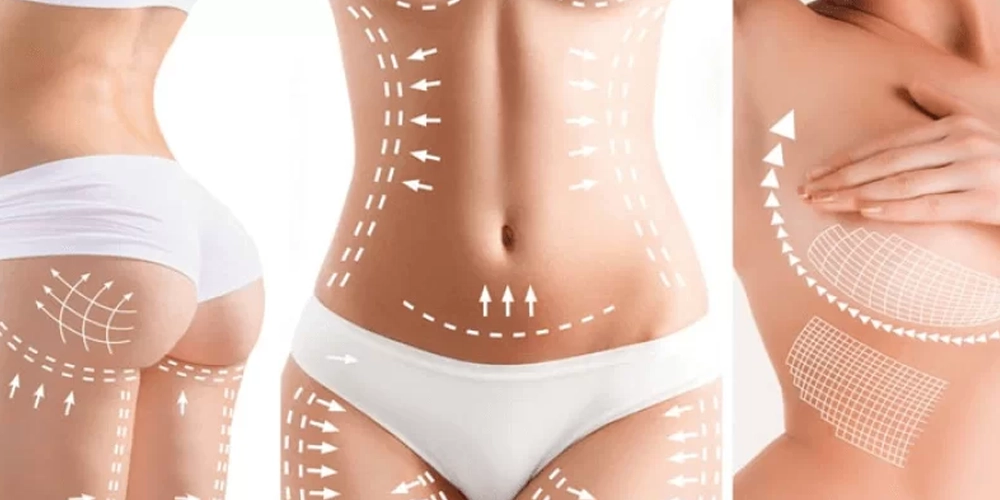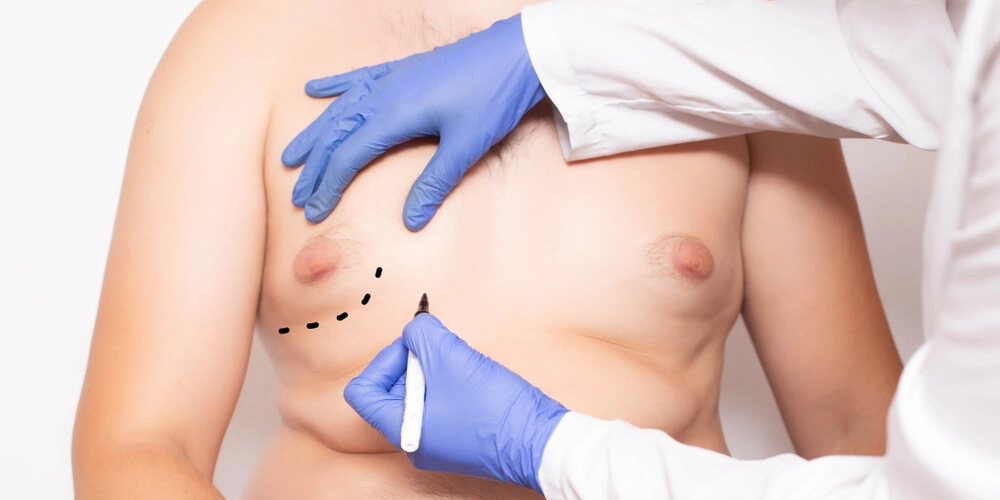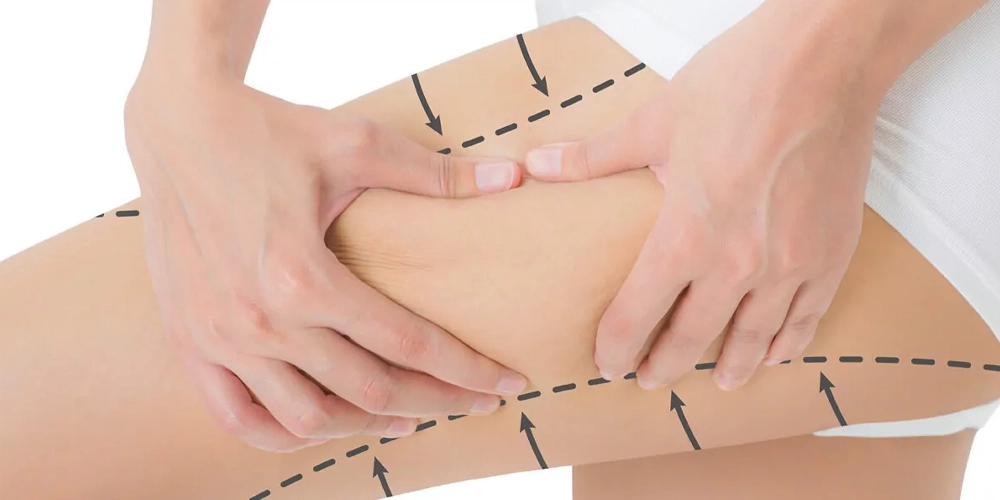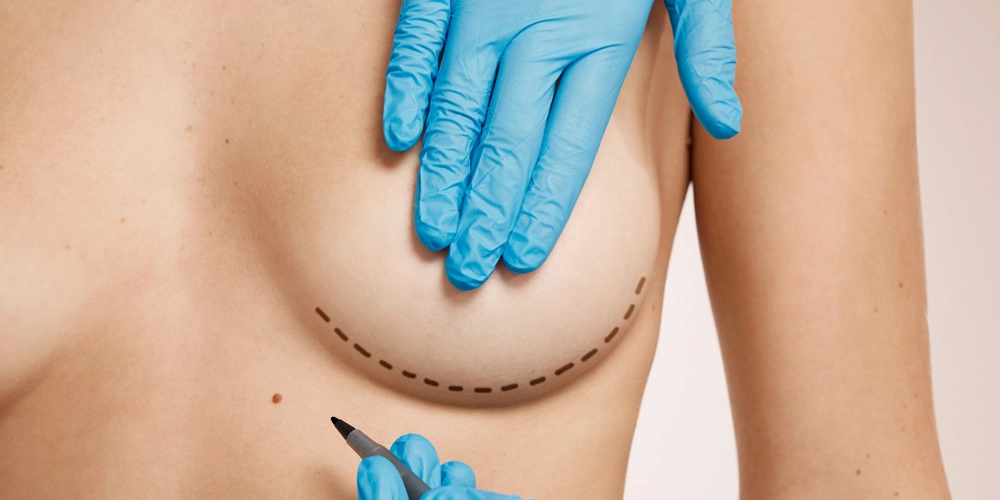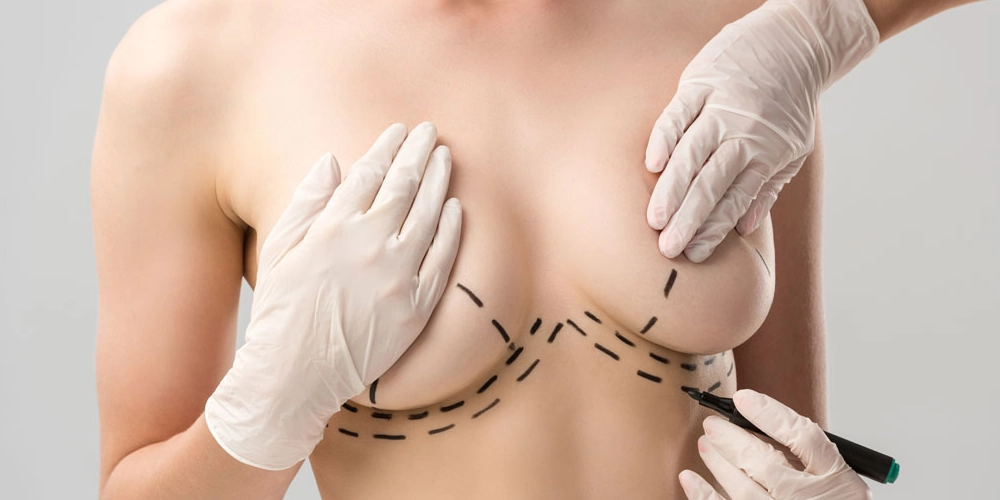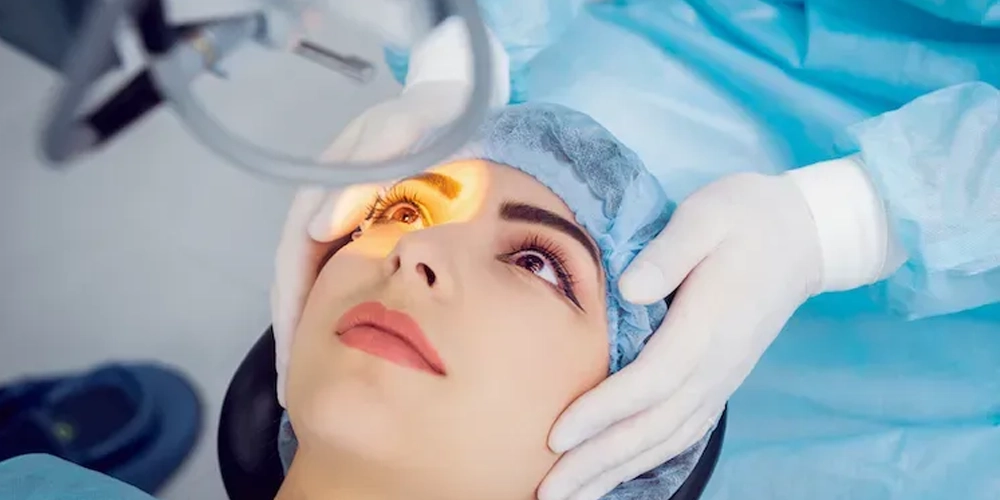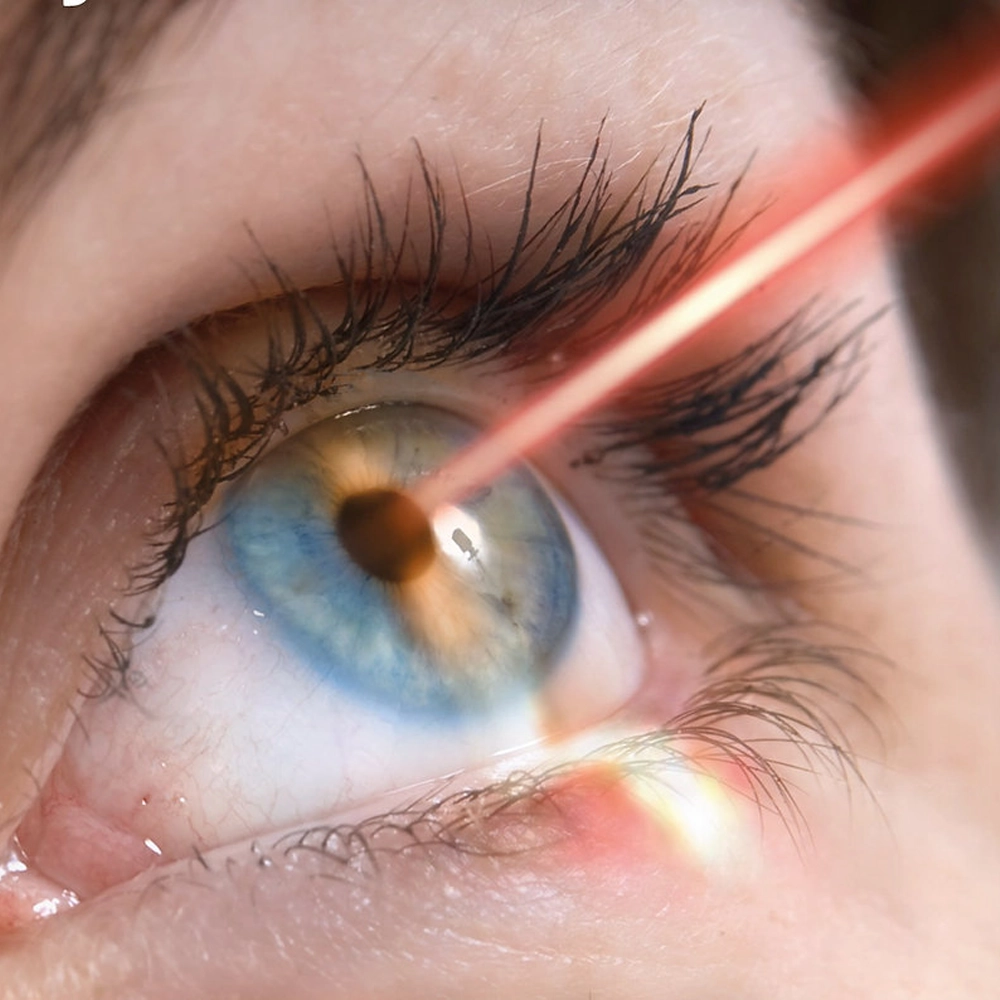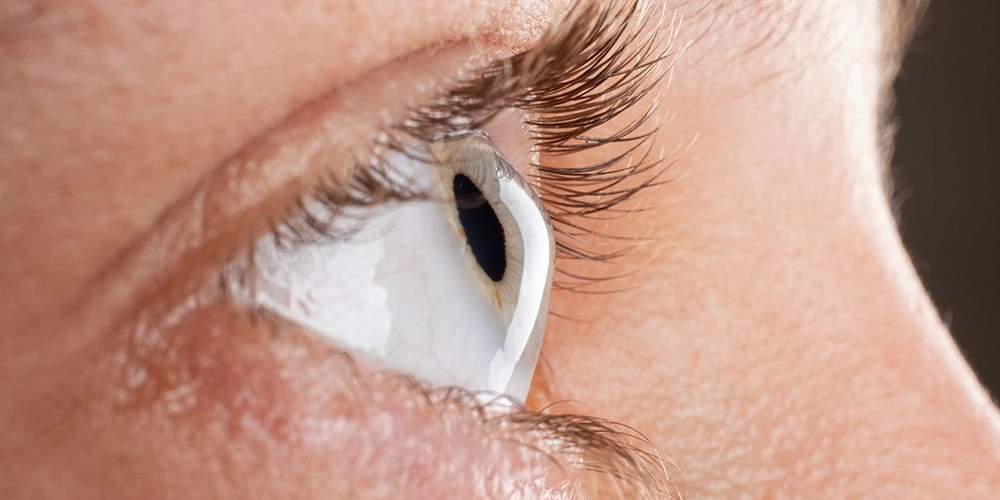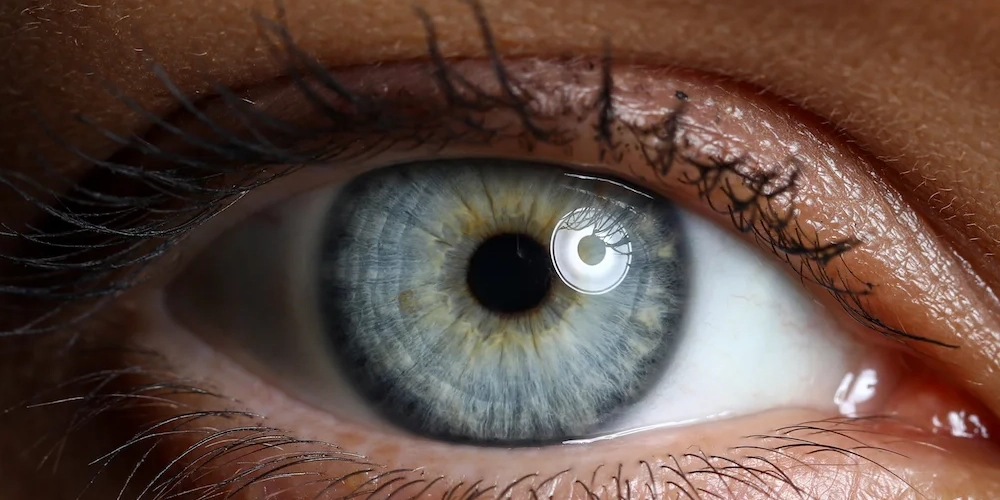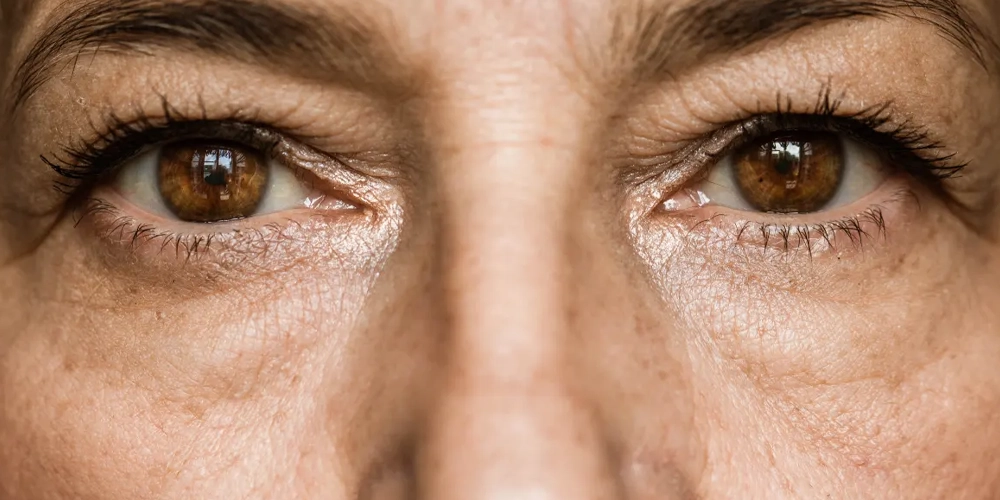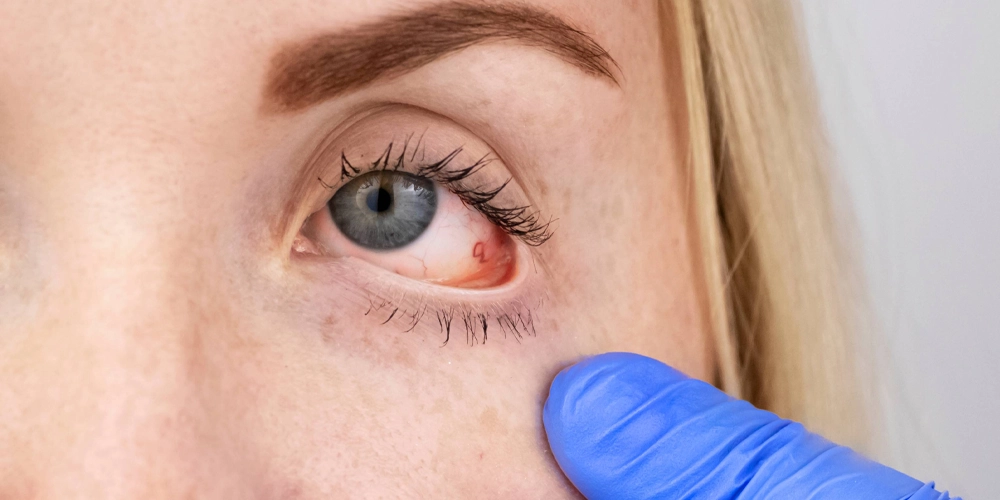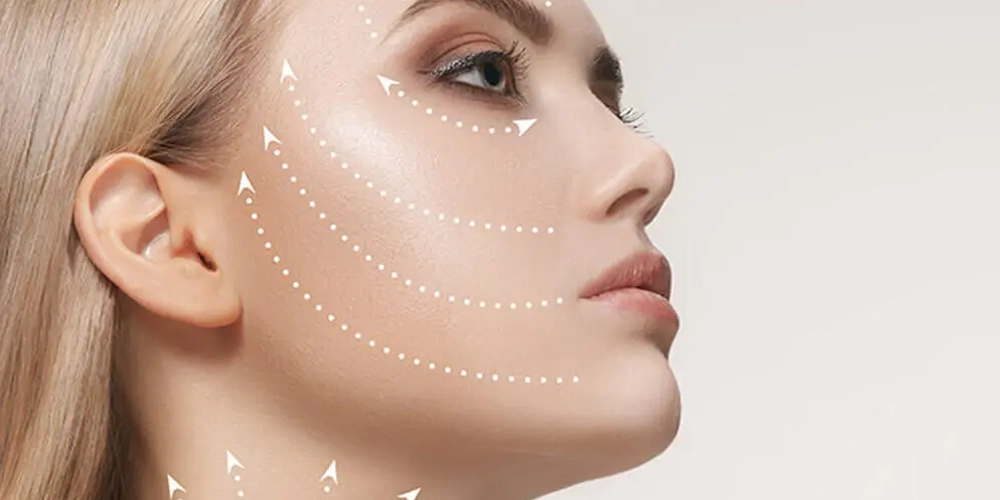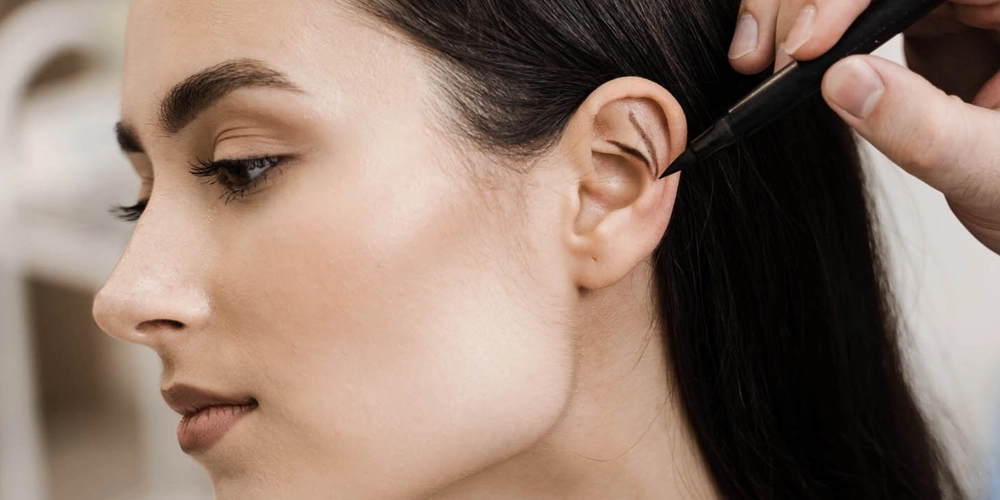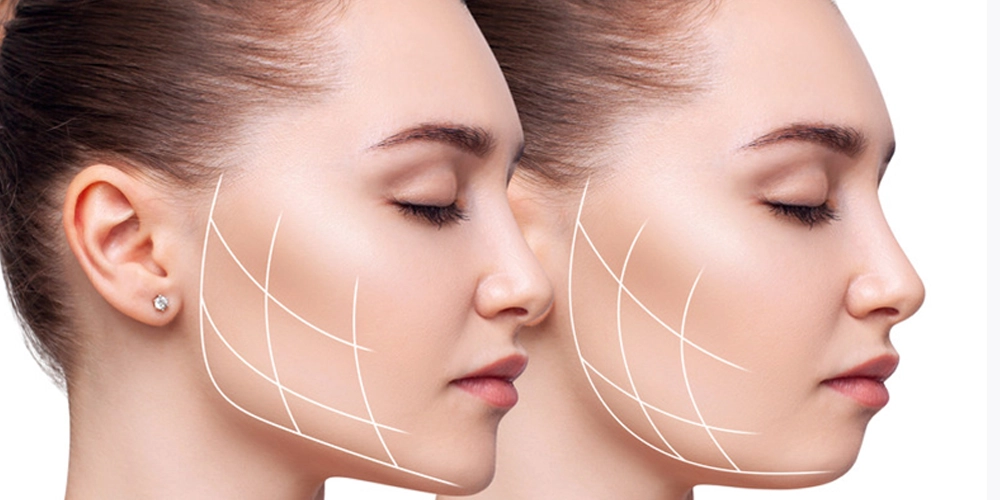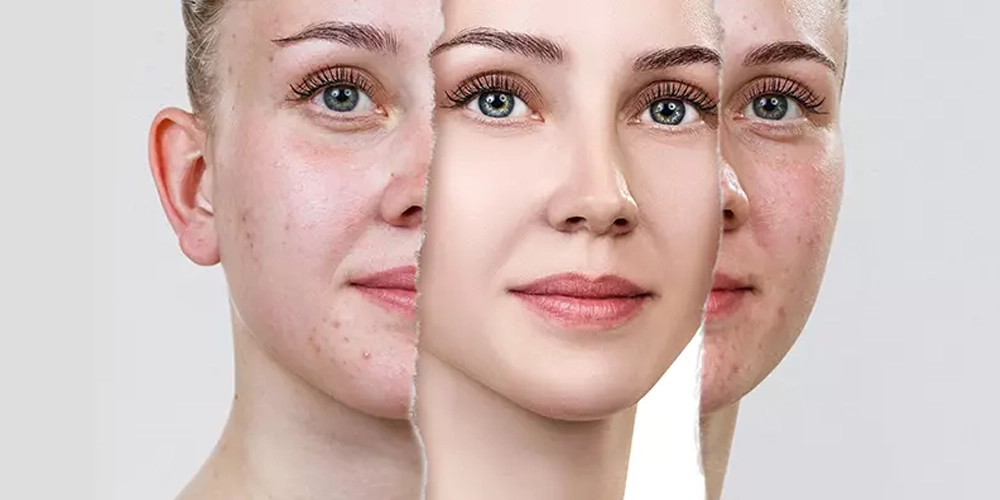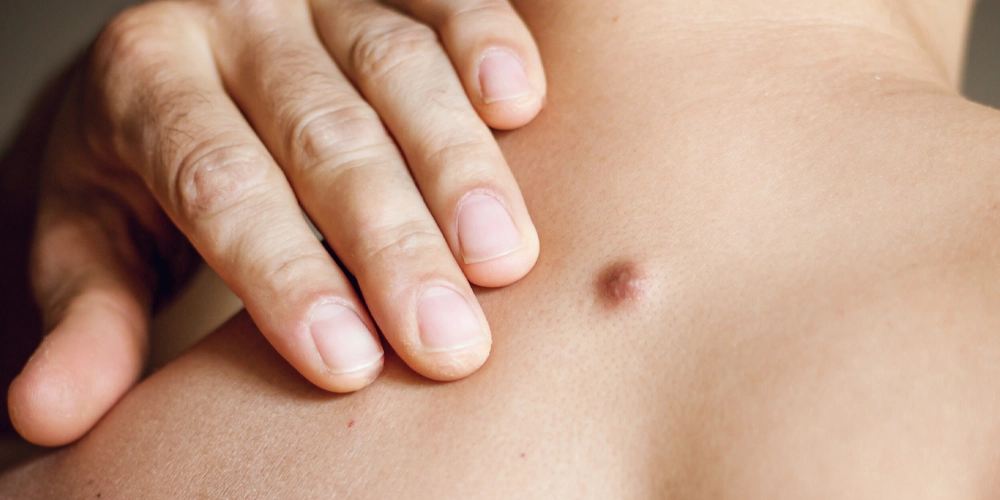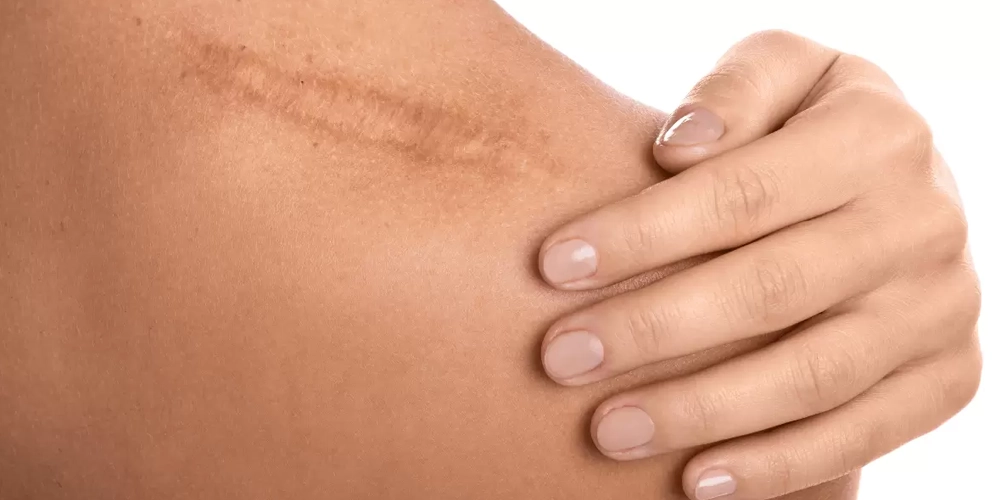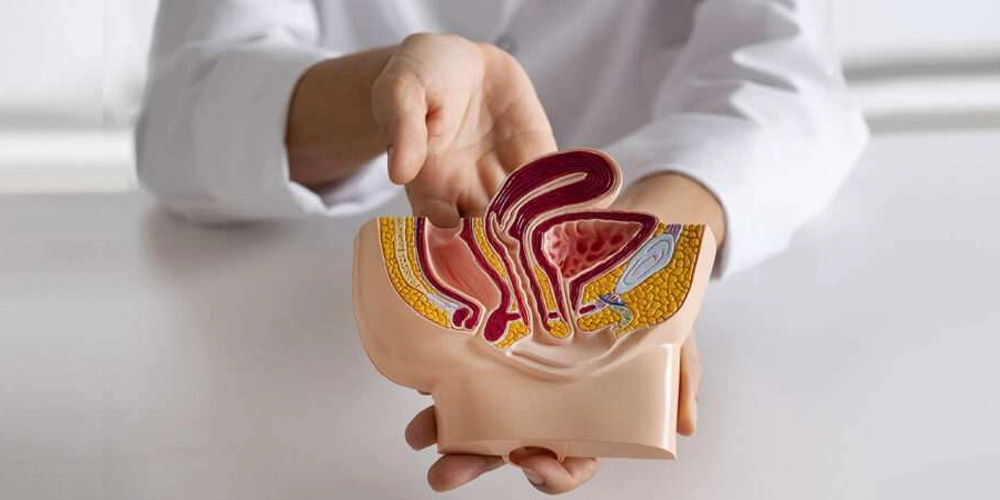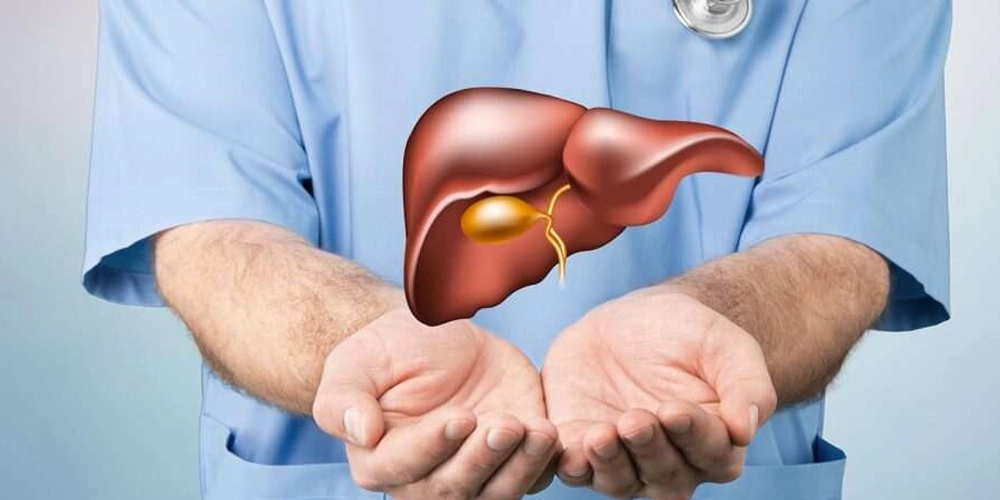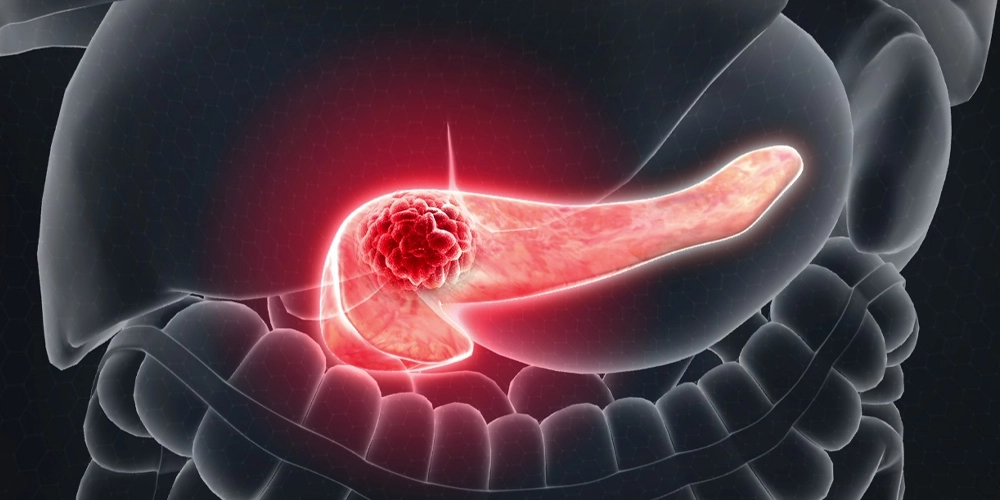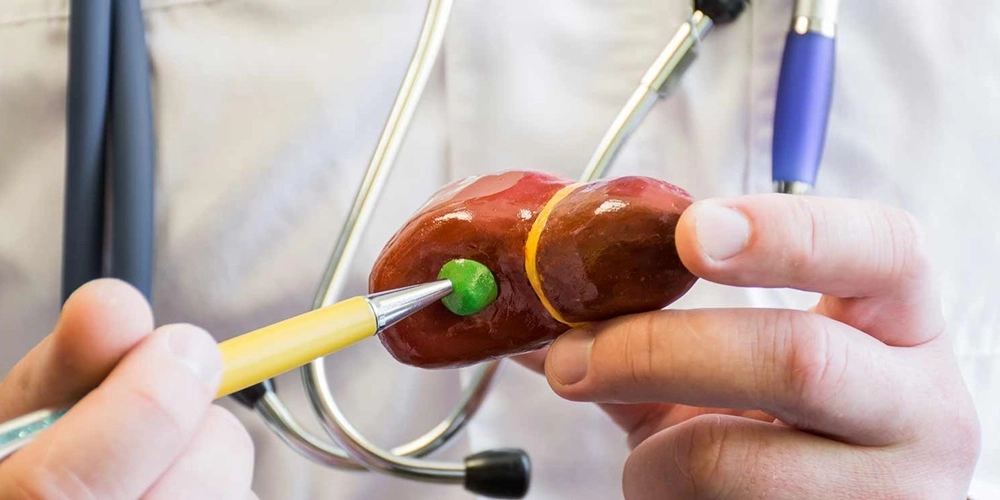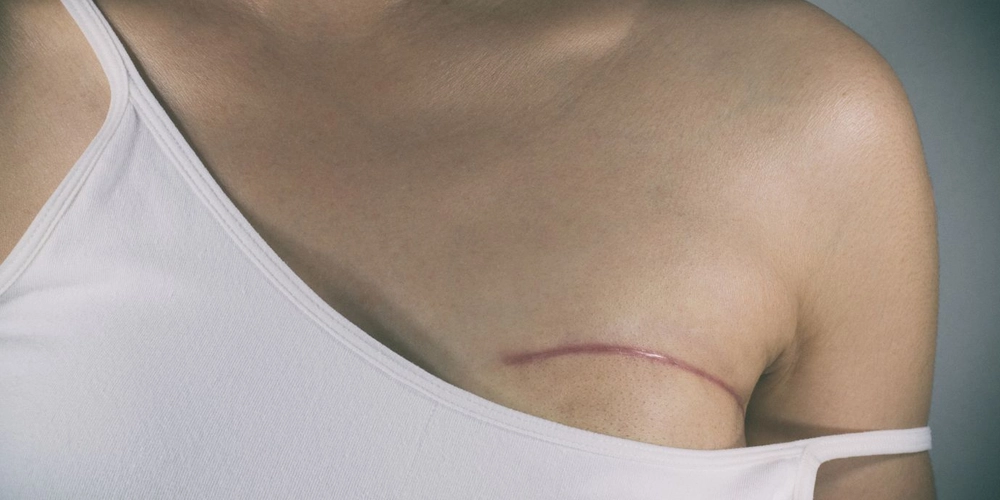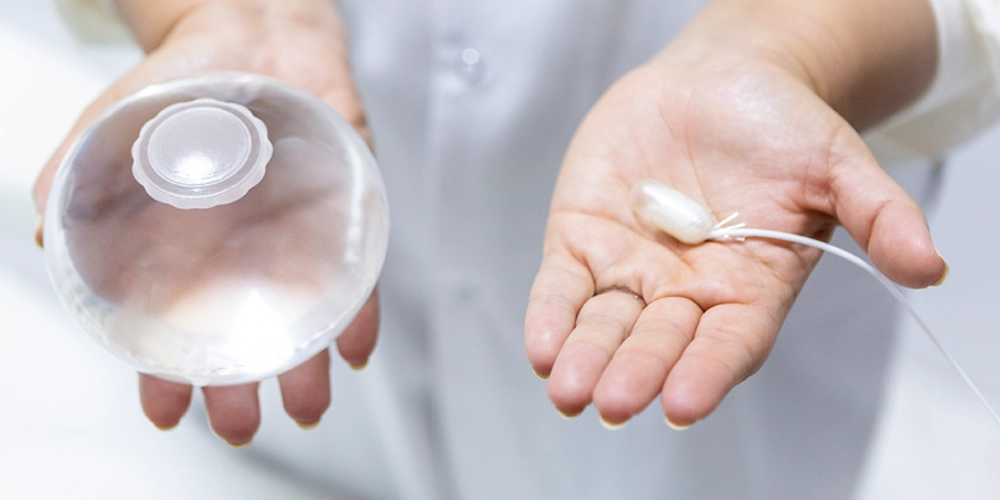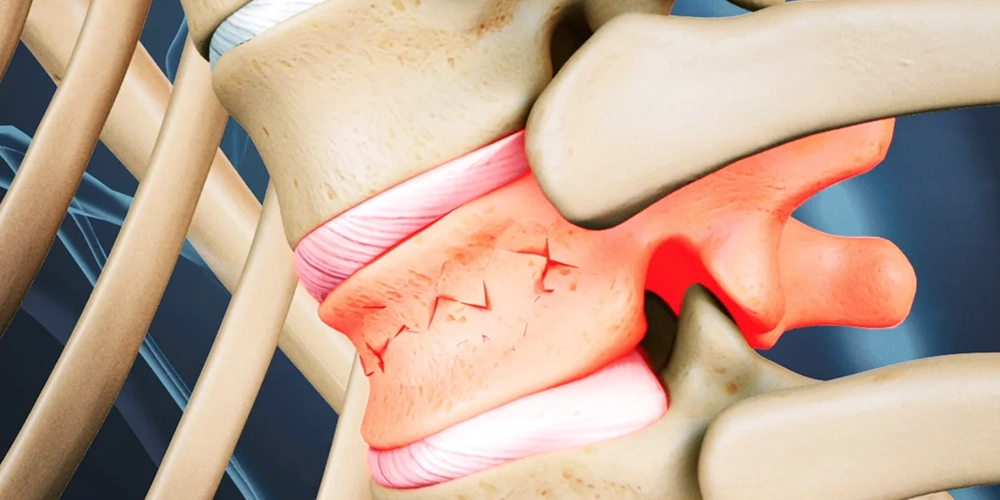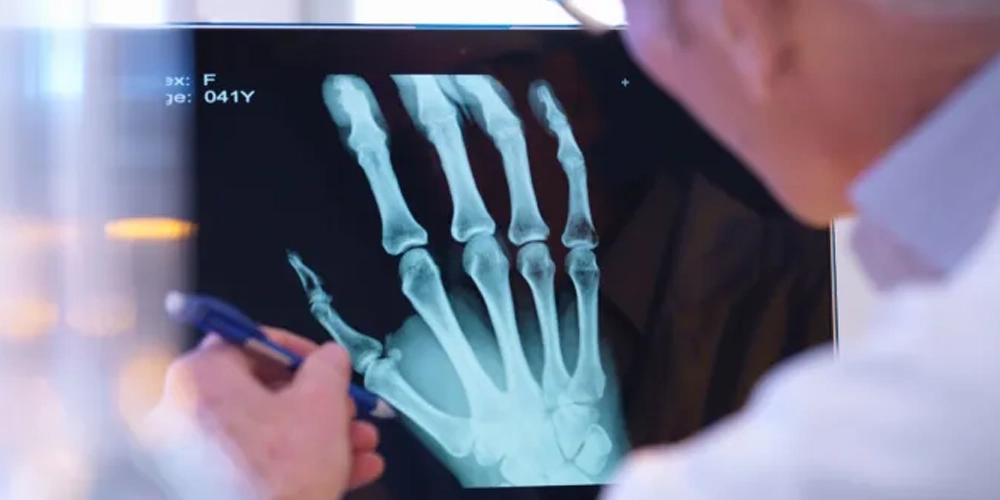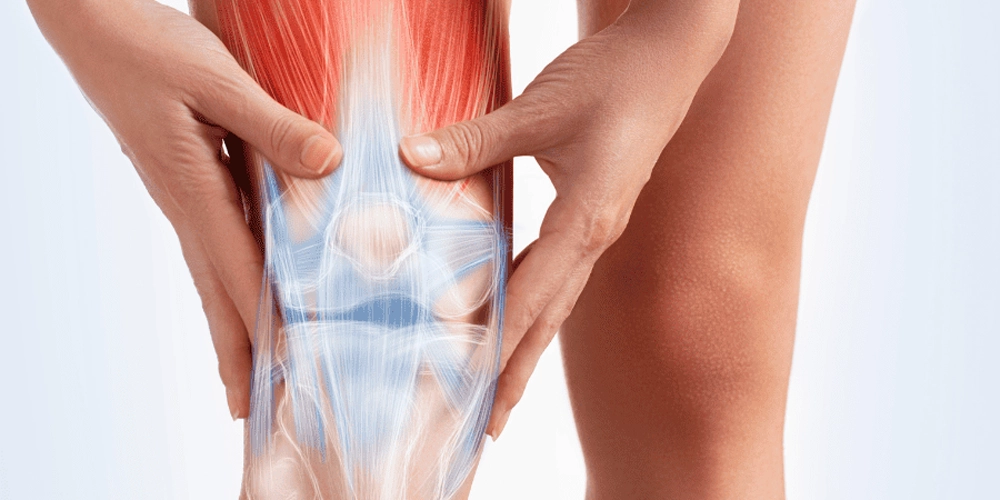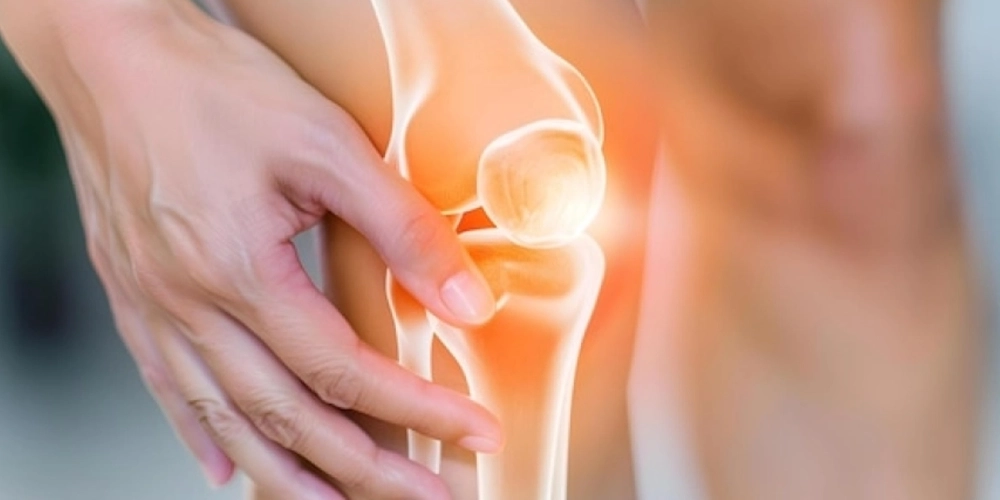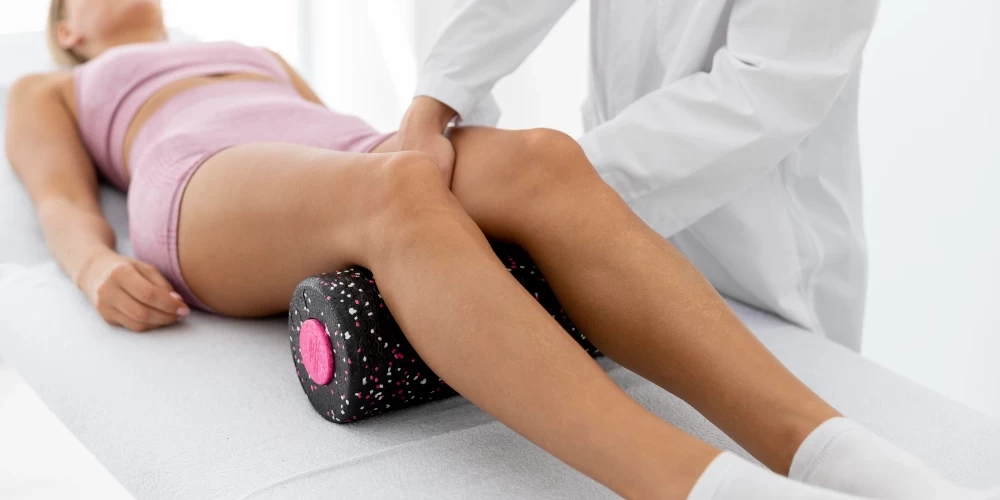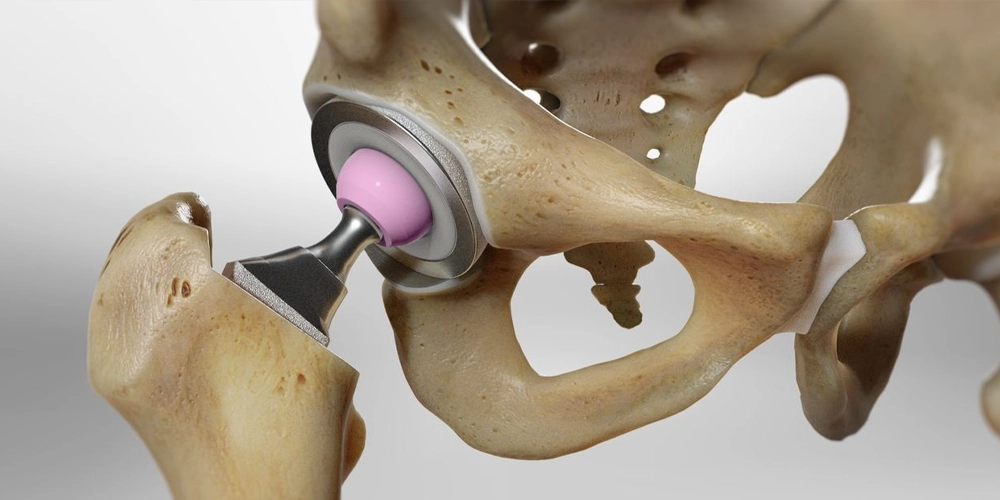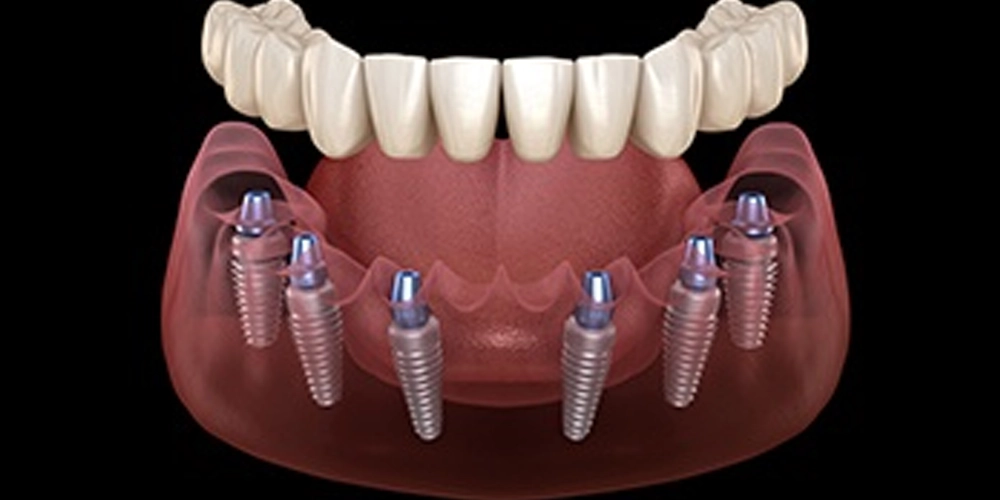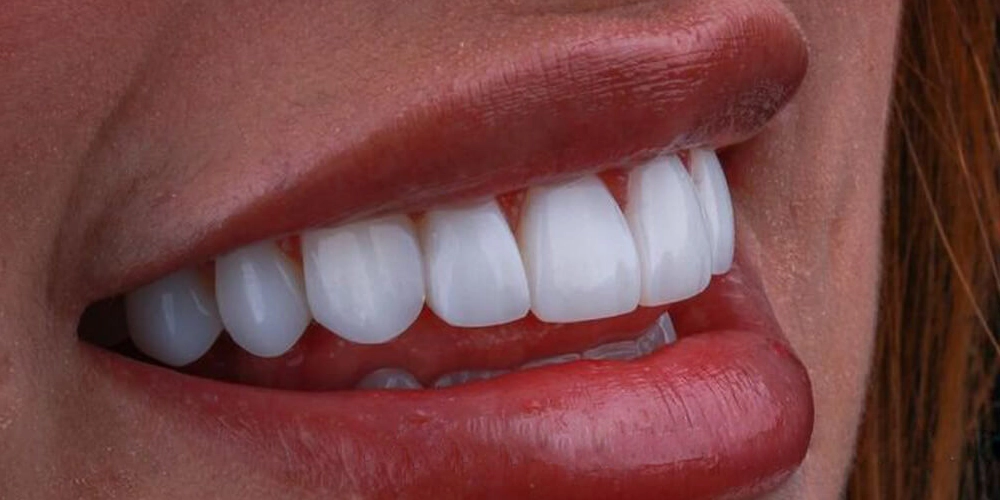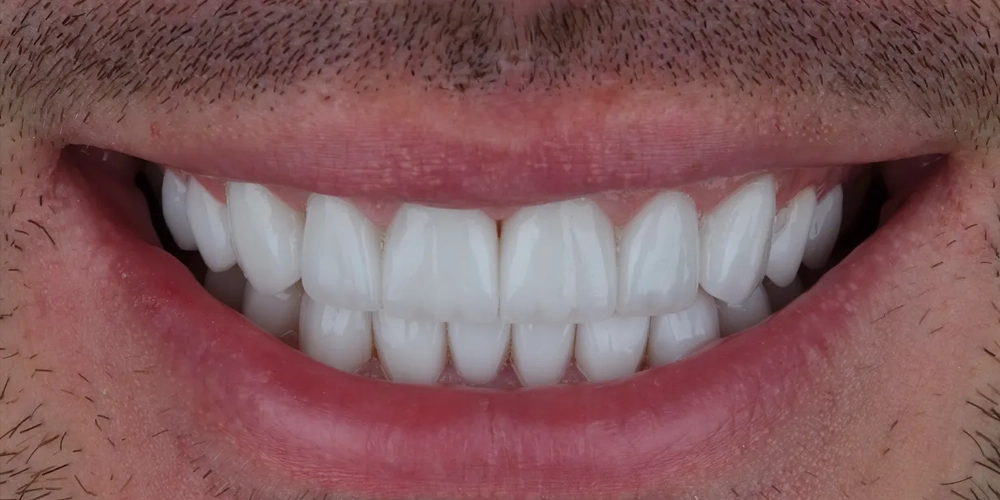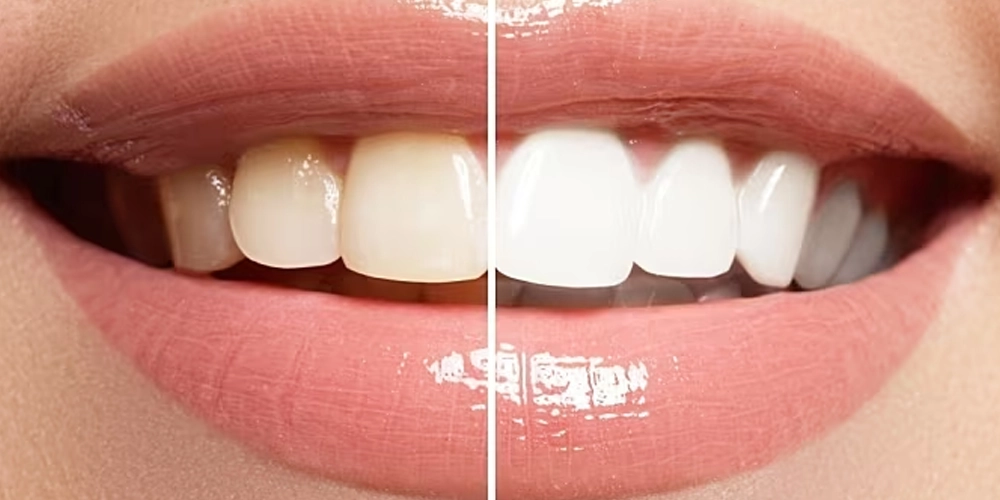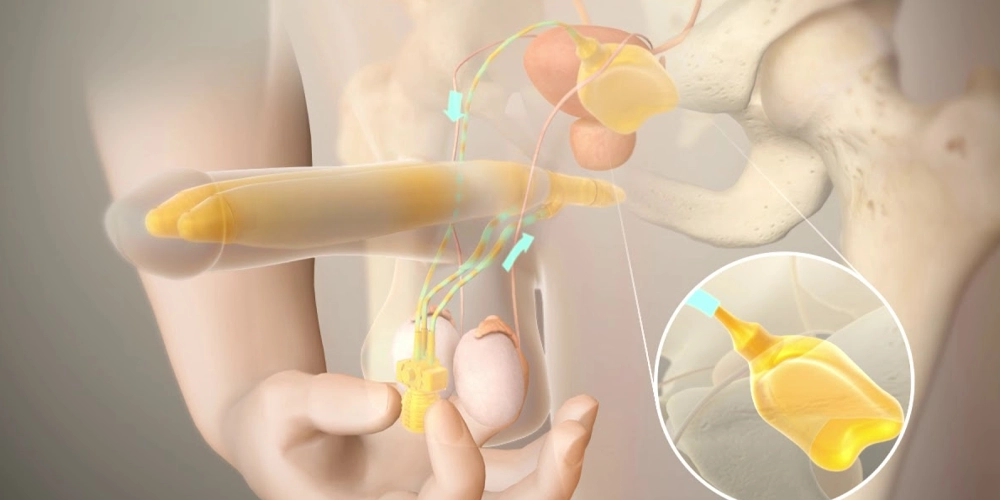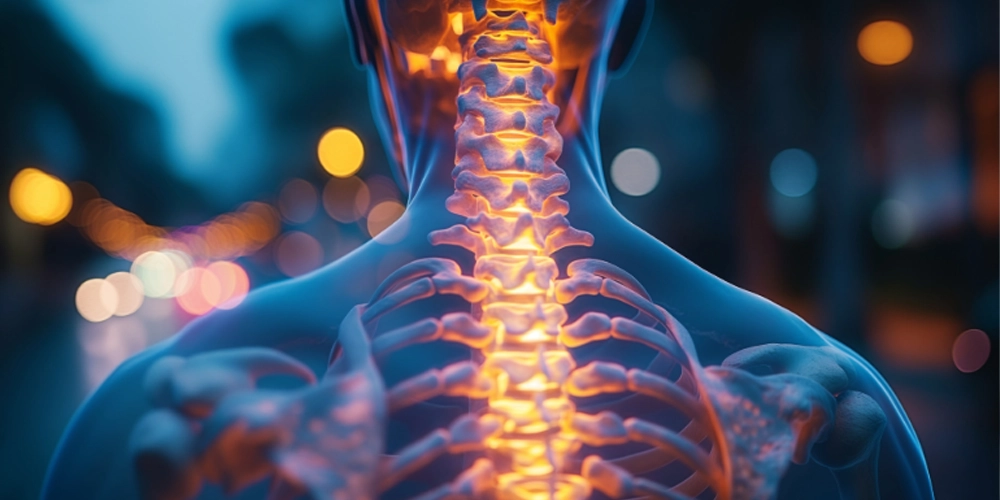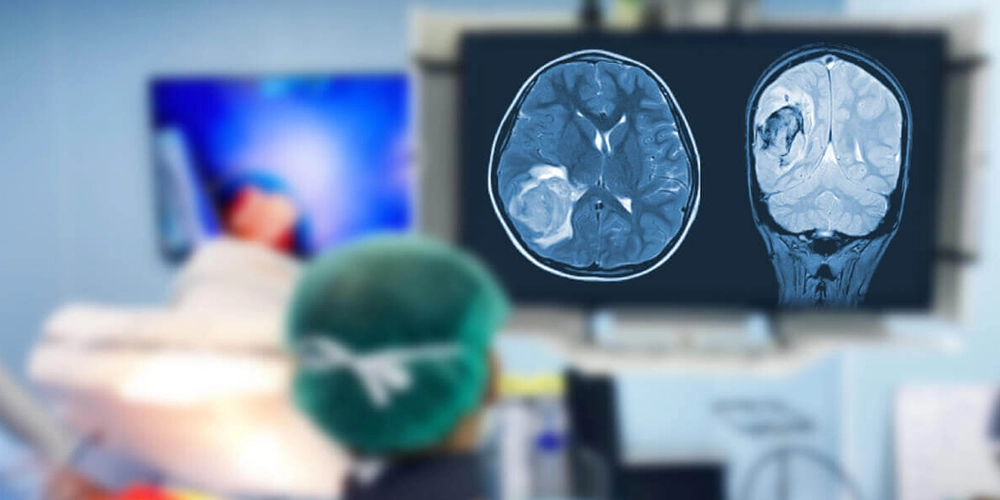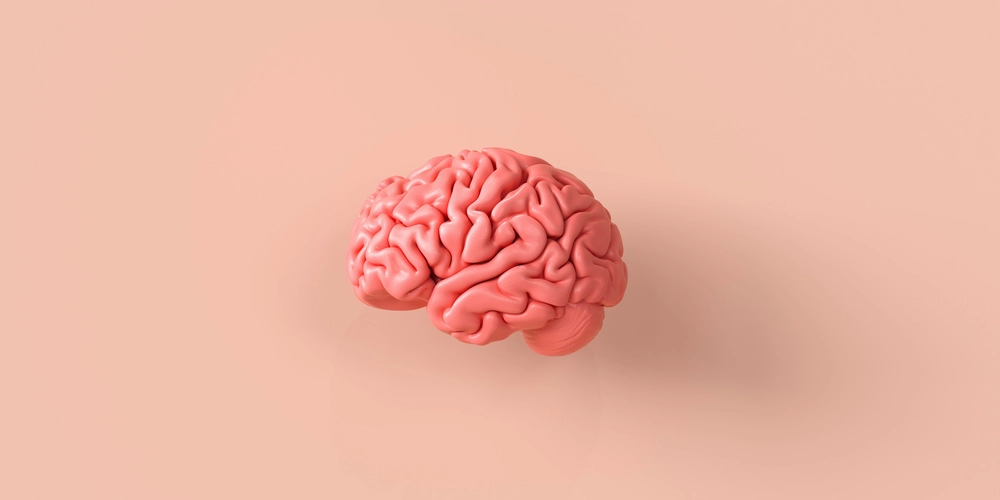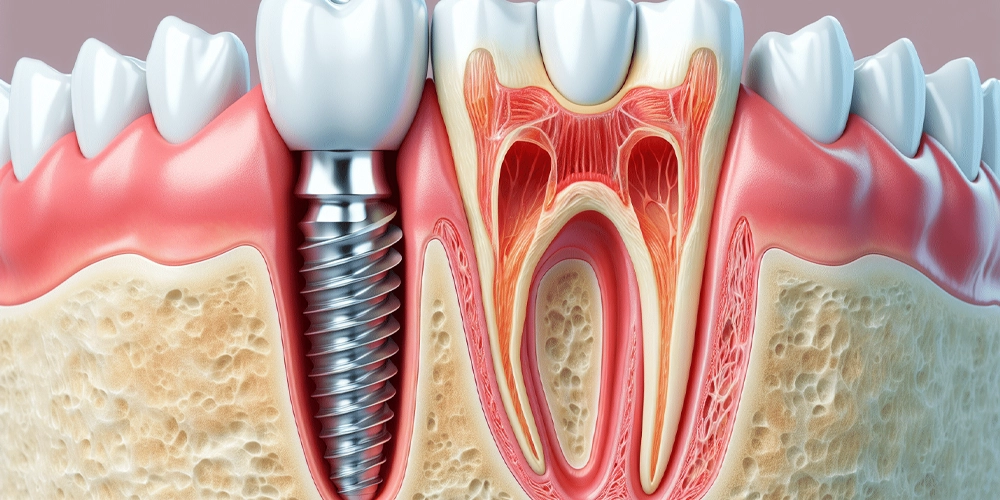

Dental Implant
30 Min – 2 Hours
Local Anesthesia
3 – 6 Months
GET OFFER
Overview
Dental implants are titanium screws that serve as artificial tooth roots. Surgically placed into the jawbone, they fuse with the bone to provide a strong foundation for dental prostheses like crowns, bridges, or dentures. This permanent solution effectively restores the function and aesthetics of missing teeth, improving chewing, speech, and a person’s overall confidence.
Dental Implants at Atlas University Hospital: A Permanent Solution for Missing Teeth
At Atlas University Hospital, we specialize in dental implants, providing a durable and natural-looking solution for tooth loss. Our expert oral surgeons and dentists perform this precise procedure to replace missing teeth, creating a stable and permanent foundation for your new smile. By choosing dental implants at Atlas University Hospital, you’re investing in a long-term solution that restores your ability to chew, speak, and smile with confidence.
Why Choose Atlas University Hospital for Dental Implants?
Choosing Atlas University Hospital for your dental implants means you’ll receive a personalized, expert approach to care. Our patients trust us for our:
- Specialized Expertise: Our surgical team is highly skilled in implant placement techniques, ensuring a successful outcome.
- Efficient Process: The implant placement procedure is quick, with a fast initial recovery.
- Comprehensive Care: We provide full support, from your initial consultation and planning to the final placement of your prosthesis.
- Advanced Technology: We use state-of-the-art imaging and surgical tools to ensure precise and accurate implant placement.
The Dental Implant Procedure at Atlas University Hospital
The dental implant procedure at Atlas University Hospital is a carefully planned process.
- Procedure: Dental Implant Placement
- Duration: Typically takes 30 minutes to 2 hours.
- Anesthesia: Local anesthesia is used for your comfort.
- Location: All procedures are performed in the modern dental facilities of Atlas University Hospital in Istanbul.
- Recovery: The implant needs 3-6 months to fuse with the bone. A temporary prosthesis can be used during this time.
Your Dental Implant Journey: The Daily Plan
Your treatment journey is divided into two phases to ensure the best results.
Phase 1 (Initial Placement)
- Day 1: Arrive in Istanbul and transfer to the clinic. You will have a consultation with your dentist and a panoramic X-ray to evaluate your jawbone and oral health.
- Day 2: Your dental implant surgery is performed. Post-operative pain is managed with medication.
- Day 3: You will rest at your hotel, following your doctor’s instructions for oral care.
- Day 4: You can return to your home country.
Phase 2 (3-6 Months Later)
- Once the implant has fused with the bone, you will have a check-up to confirm osseointegration. Measurements will be taken, and your final prosthesis will be fabricated and placed.
Post-Procedure Care from Atlas University Hospital
Following your post-procedure instructions from Atlas University Hospital is vital for a smooth recovery and a long-lasting implant.
- Oral Hygiene: Maintain excellent oral hygiene with regular brushing and flossing.
- Diet: Consume soft foods and avoid hot drinks for the first few days.
- Medication: Take all prescribed medications regularly.
- Habits: Limit smoking and alcohol consumption.
- Follow-up: Schedule a follow-up appointment with a local dentist in your home country for ongoing care.
Frequently Asked Questions about Dental Implants
Q: Is dental implant surgery painful?A: You will not feel pain during the procedure because local anesthesia is used. Afterward, any mild pain can be managed with painkillers.
Q: How long do dental implants last?A: With proper care and regular dental check-ups, dental implants can last a lifetime, making them a very durable solution.
Q: Who is a suitable candidate for dental implants?A: Dental implants are suitable for people who have completed their jawbone development, are in good general health, and practice good oral hygiene. Your dentist will evaluate your condition to determine if this treatment is right for you.

